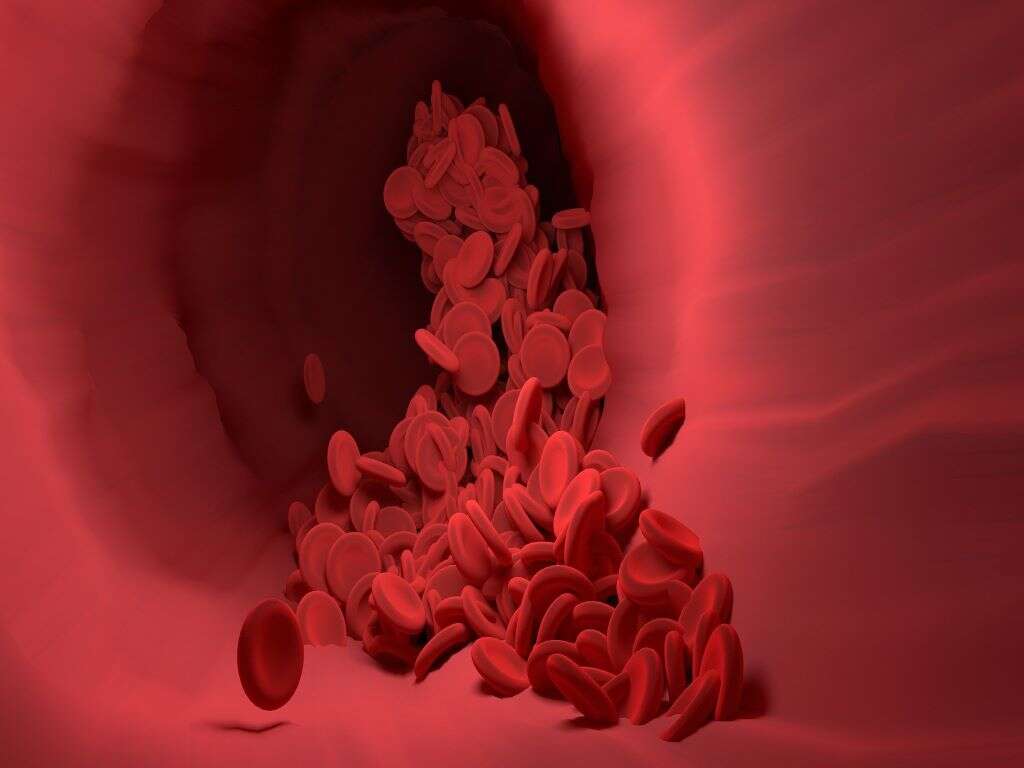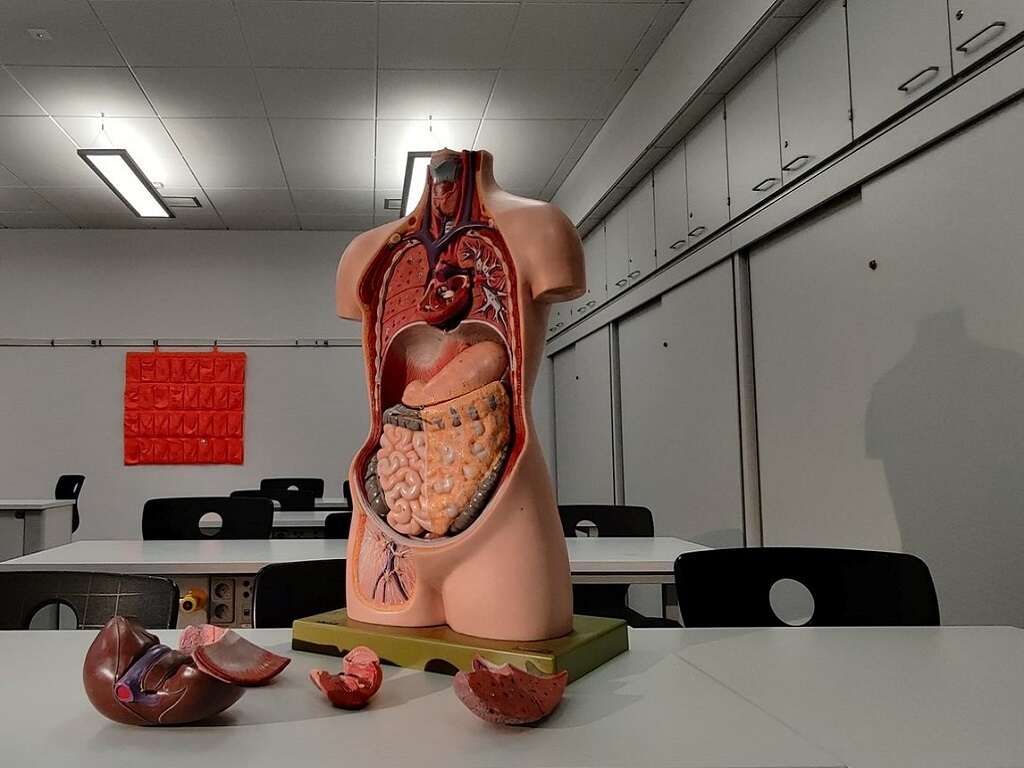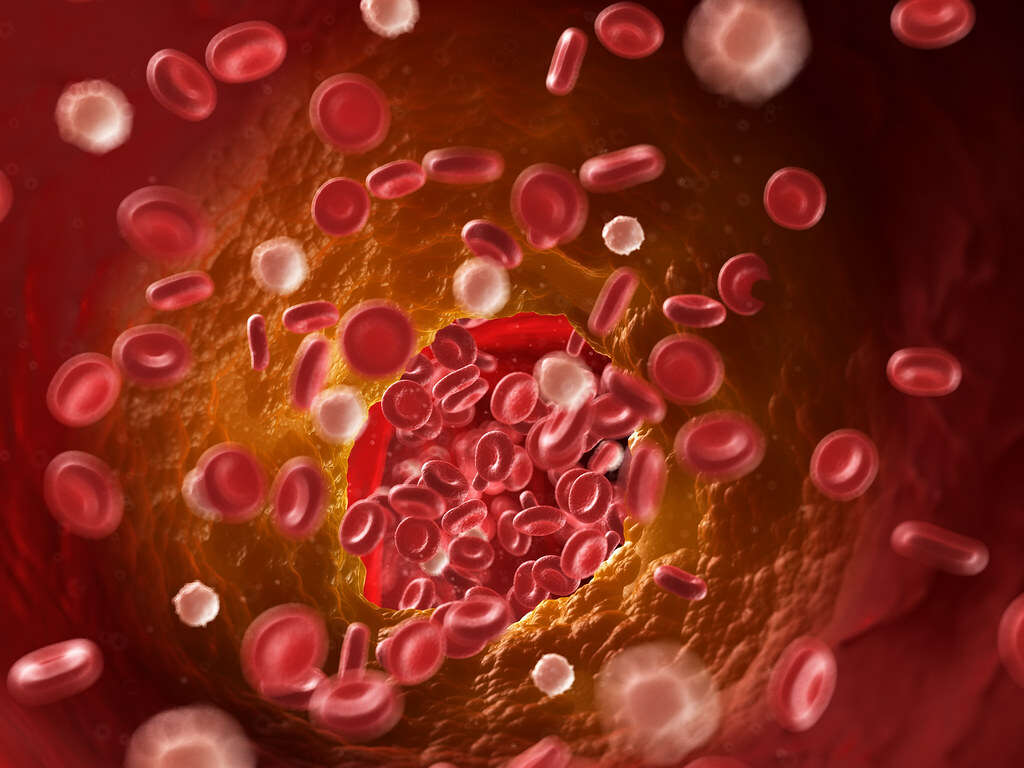10 Necrotizing Fasciitis Symptoms
 Article Sources
Article Sources
- 1. 'Necrotising Fasciitis.' Nhs.uk, 19 Oct. 2017, www.nhs.uk/conditions/necrotising-fasciitis/
- 2. 'Necrotizing Fasciitis.' Centers for Disease Control and Prevention, 31 Dec. 2019, www.cdc.gov/groupastrep/diseases-public/necrotizing-fasciitis.html
- 3. 'Necrotizing Soft Tissue Infection: MedlinePlus Medical Encyclopedia.' MedlinePlus - Health Information from the National Library of Medicine, medlineplus.gov/ency/article/001443.htm
- 4. North Dakota Department of Health | Department of Health, www.ndhealth.gov/Disease/Documents/faqs/Necrotizing/Fasciitis.pdf
- 5. 'Type II Necrotizing Fasciitis.' Centers for Disease Control and Prevention, 8 May 2020, www.cdc.gov/groupastrep/diseases-hcp/necrotizing-fasciitis.html
Dizziness and Confusion
When a person has necrotizing fasciitis, treatment should begin as soon as possible. If left untreated, necrotizing fasciitis may cause widespread infection, organ failure and death. Sudden confusion, dizziness, pallor and sweating may be signs the body is going into shock, and the person may need immediate medical care.1‘Necrotising Fasciitis.’ Nhs.uk, 19 Oct. 2017, www.nhs.uk/conditions/necrotising-fasciitis/
Acting fast helps a person survive necrotizing fasciitis, but even in dire cases, treatments are available. Aggressive surgery, painkillers and antibiotics administered in a hospital may be effective in fighting the infection.2‘Necrotizing Fasciitis.’ Centers for Disease Control and Prevention, 31 Dec. 2019, www.cdc.gov/groupastrep/diseases-public/necrotizing-fasciitis.html
Advertisement










